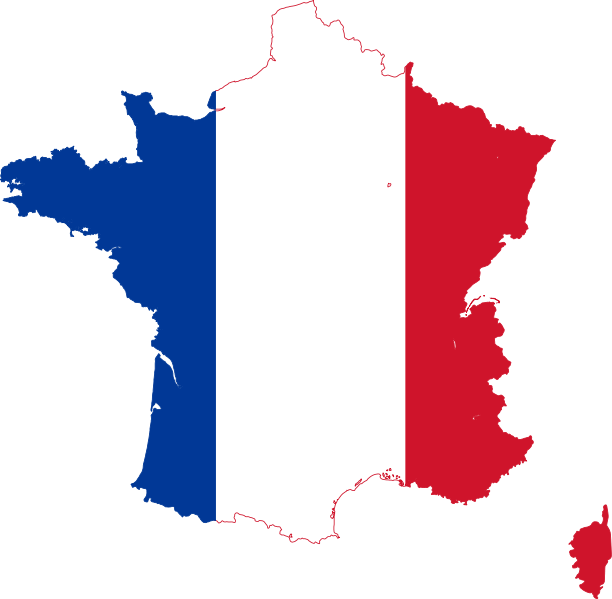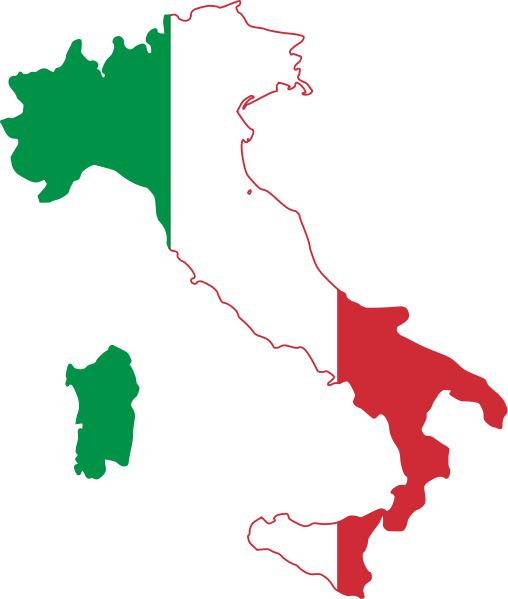- 1
|
- Acrostic
|
- 1.
A poem or other text in which certain letters, often the first in
each line, spell out a name or message.
-
2. A
particular kind of word puzzle: its solutions form an anagram of
a quotation, and their initials often form its author.
|
- 2
|
- Allegory
|
- The
representation of abstract ideas or principles through
characters, figures, or events in narrative, dramatic, or
pictorial form.
|
- 3
|
- Alliteration
|
- Repetition
of a sound, normally a consonant, at the beginning of
neighbouring words, to produce a rhythmic, and sometimes comic
effect. For example: "Peter Piper picked a peck of pickled
peppers"
|
- 4
|
- Allusion
|
- Direct
or indirect reference to something or somebody the reader or
listener is supposed to recognize and respond to. An allusion may
be literary, historical, biblical, etc.
|
- 5
|
- Assonance
|
- The
repetition of the same or similar vowel sounds within stressed
syllables of neighbouring words. For example: "Try to light
the fire".
|
- 6
|
- Contrast
|
- The
bringing together of opposing views, words or characters to
emphasize their difference and usually to highlight one of the
opposing elements. In contrasting two characters, the author may
be showing the goodness of one by emphasizing the evil of
another; in contrasting two ideas, a writer may be attempting to
show how the idea he or she opposes is not as worthy of
consideration as the idea he or she expounds. One form of
contrasts is juxtaposition in which the writer places two quite
different things together. The way in which contrast is used will
show what the author or writer intended.
|
- 7
|
- Euphemism
|
- An
expression intended by the speaker to be less offensive,
disturbing, or troubling to the listener than the word or phrase
it replaces. For example, the use of "to pass away" as
opposed to "to die".
|
- 8
|
- Exaggeration
|
- Exaggeration
is the use of a strong overstatement. It may be used to create
either a serious or comic effect. A single phrase containing an
exaggeration is called hyperbole (also overstatement). Example:
Nobody walks anywhere in America nowadays. (From: 'A Sedentary
Nation', p. 180, l.8)
|
- 9
|
- Personification
|
- Personification
is ascribing human characteristics to animals, ideas, or
inanimate objects. Example: fog crept softly into the streets.
|
- 10
|
- Rhyme
|
- The
repetition of identical or similar sounds, usually at the end of
words. For example, in the following lines from a poem by A.E.
Housman, the last words of both lines rhyme with each other.
Loveliest of trees, the cherry now Is hung with bloom along the
bough
|
- 11
|
- Simile
|
- Comparing
two or more unlike things using like, as, or as if. Example:
Composing the heavens like a symphony.
|







